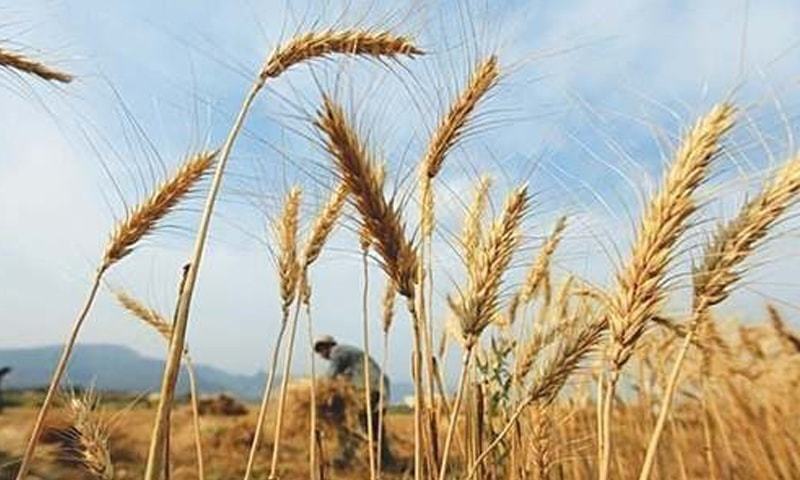KARACHI : Sindh Chief Minister Syed Murad Ali Shah expressing concern over the impact of climate change on water scarcity said that this could be addressed by introducing a new cropping pattern that includes low delta crops aimed at reducing water consumption and increasing efficiency in agriculture.
He said that climate change impact was emerging in the shape of water scarcity. “In order to tackle water scarcity his government is planning a new cropping pattern that includes low delta, high-yield crops to reduce water intake and upturn agricultural efficiency.
This he said while presiding over a joint meeting of Irrigation and Agriculture departments here at the CM House. The meeting was attended by Minister Irrigation Jam Khan Shoro, Chief Secretary Asif Hyder Shah, PSCM Agha Wasif, Chairman P&D Najam Shah, Secretary Irrigation Zareef Khero and officers of the agriculture department.
The CM said that during the Kharif season-2024 water shortage was expected to 30 per cent but it could be more acute, therefore our agriculture sector would suffer. “I want the Irrigation and Agriculture depts to sit together and chalk out a plan for changing the cropping patterns,” he said and added that the list of the proposed/recommended crops may be submitted to him for further discussion and approval.
Murad Shah directed Chief Secretary Asif Hyder Shah to chair joint meetings of the irrigation and agriculture departments and work plans for changing the cropping pattern so that the low-delta high-yield crops could be introduced.
The CM directed Minister Irrigation Jam Khan Shoro to ensure the efficient use of water by the growers. “This becomes a joint responsibility of the Irrigation and Agriculture depts to educate the farmer for efficient and effective use of water,” he said and added this was the reason his government has given priority to the lining of water courses.
According to the chief minister conservation in agriculture has become important. He added that there were various for agricultural water conservation, including Drip Irrigation, Sprinkle system, dry farming, conservation tillage and various others. “We have to study which method suits of weather, which method would be successful in which area, and how and when to start,” he said and added this all needed an appropriate study and research.



